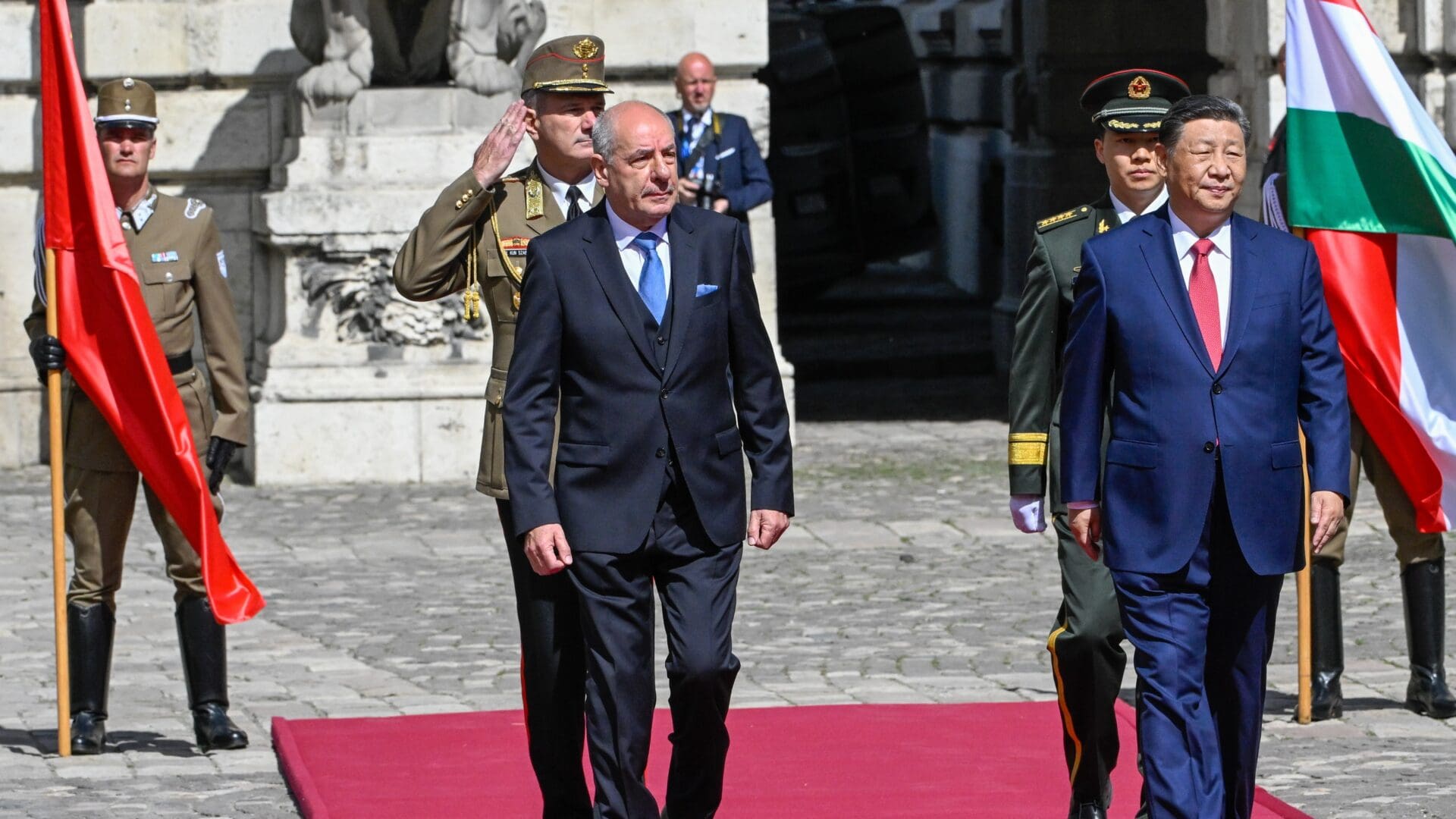President of the Hungarian Institute of International Affairs Gladden Pappin has recently published a long opinion piece on the online version of the Hong Kong-based political and business newspaper Asia Times. In it, he discusses in detail Hungary’s strategy to maintain economic ties with China ‘in the emerging multipolar world order’.
While some Western countries—most notably, the United States—are pursuing the strategy of ‘decoupling,’ meaning detaching their national economies from China’s, Hungary is going another route. This concept, by the way, is discussed thoroughly in Balázs Orbán’s recently released book Hussar Cut: The Hungarian Strategy for Connectivity as well.
Mr Pappin’s piece was published in the wake of Chinese President Xi Jinping’s visit to Hungary last week. As the author points out, Hungary’s FDI (foreign direct investment) stock has nearly doubled since 2010, when the right-wing Fidesz–KDNP coalition took over. This upward trend continued in recent years as well, despite a sluggish performance by the European economy as a whole: EU industrial production declined about 5.4 per cent between February 2023 and 2024. This is in large part thanks to the capital inflow coming from China into Hungary. In just the visits President Xi Jinping made to Hungary and Serbia, the author continues, he signed a total of 18 agreements with the two countries.
Some of those agreements are about major infrastructural development projects, such as the construction of a new rail ring bypassing Budapest, which will facilitate faster westward shipments of goods from Hungary.
‘Connectivity isn’t about ideological alignment. It’s about leveraging Hungary’s role as an east-west crossroads to build an economy that serves the Hungarian people
and fosters political and cultural exchange—whether the incoming connections are from Germany, the United States, China, South Korea or anywhere else,’ Mr Pappin stresses in his piece.
Hungary is not the only country willing to break away from the US-dictated narrative, however. As Mr Pappin points out, France, one of the largest economies within the EU, ‘has prioritized the language of strategic autonomy,’ as the author put it. Famously, President Emmanuel Macron of France proclaimed that ‘Europe be stronger, and not become a US vassal’ after his meeting with President Xi in Beijing, China in April 2023.
The author positively believes this is the right approach for the Old Continent, as opposed to decoupling, writing:
‘Particularly in Europe, this now seems to be an imperative of some urgency. European economies have been stagnant since energy sanctions imperiled many manufacturers. To regain its competitive strength, Europe needs to maintain and expand its economic openness.’
Gladden Pappin on Twitter: “https://t.co/6NxCxWfN85 / Twitter”
Hungary is helping Europe kiss decoupling goodbye – Asia Times
With the visit of Xi Jinping to Paris and Budapest last week, it’s clear that Europe and China are not breaking up-and that France and especially Hungary
Other EU leaders who seem to share this opinion are Foreign Minister Radosław Sikorski of Poland, who said in his speech at the Sejm: ‘We do not want to choose between having good relations with a major trade partner on the one hand, and the most important security provider on the other;’ and Chancellor Olaf Scholz of Germany, who also he professed he does not want to decouple from China either.
Meanwhile, however, the European Union has launched a series of investigations into Chinese companies, such as ones in the medical device and electric vehicle manufacturing fields, and the social media platform TikTok as well. However, the author finds these measures ‘counterproductive’ since ‘the underlying problem concerns Europe’s own lack of competitiveness’.
‘While the Brussels vision of Europe’s role continues to push for “de-risking” the Europe-China relationship, Budapest has embarked on an industrialization strategy aimed at contributing to national and European sovereignty,’ Mr Pappin concludes his piece.
Related articles:








